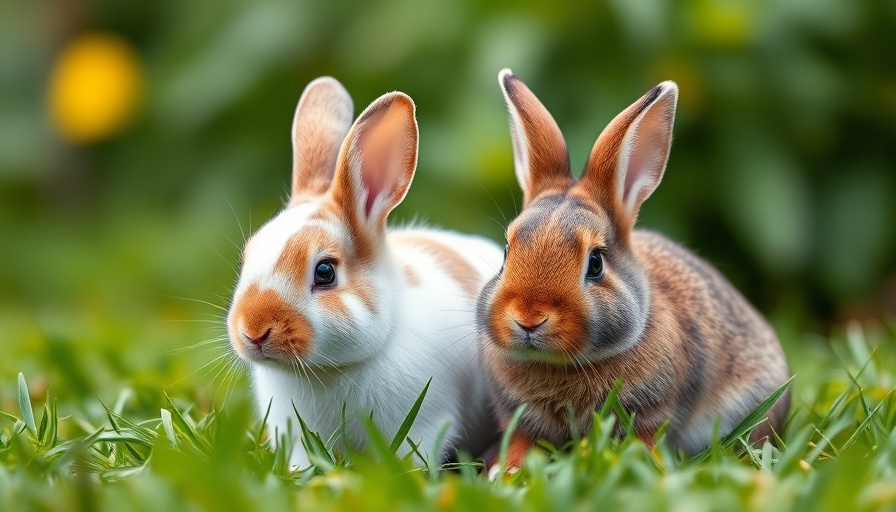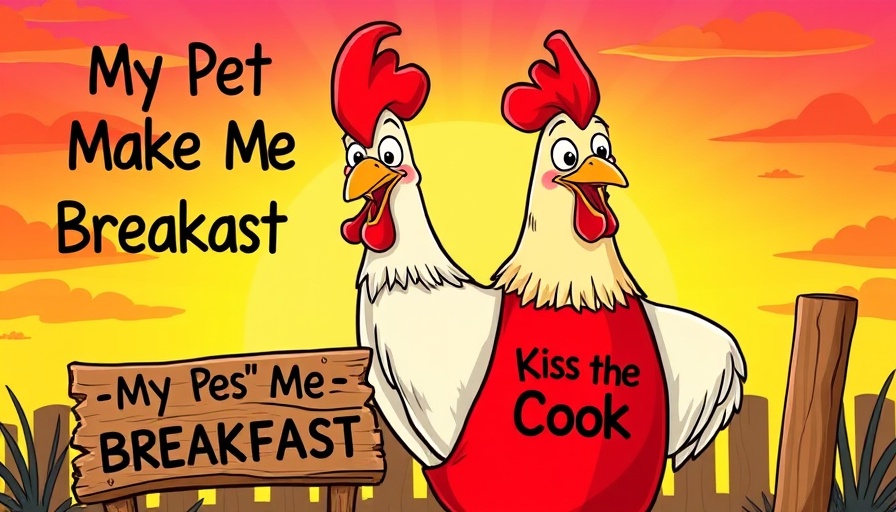
All You Need to Know About Mini Rex Rabbits: Care and Characteristics
The Mini Rex rabbit breed is a delightful companion characterized by its compact size, charming personality, and stunning plush coat. Developed by Monna Berryhill in 1984 through the combination of a Dwarf Rex and a Lynx Rex, this breed was officially recognized by the American Rabbit Breeders Association (ARBA) in 1988. Weighing in at just 4.5 pounds, Mini Rex rabbits make perfect pets and show contenders despite their small size.
Understanding the Rex Mutation: The Velvet Coat
What truly sets the Mini Rex apart is its velvety coat. This unique texture stems from a genetic mutation that eliminates the rabbit's guard hairs, leaving a luxurious undercoat. This mutation creates a dense plush feel that remains consistent in direction when stroked, making them incredibly appealing to pet owners and judges alike. Rex coats are not only beautiful but also more manageable, as they require less grooming compared to other types of rabbit fur.
Caring for Your Mini Rex: Health and Environment
Maintaining the health and well-being of a Mini Rex requires attention to diet, housing, and veterinary care. These rabbits, like their larger counterparts, can encounter various health issues, including respiratory problems and GI stasis. Regular veterinary check-ups are essential to catch any issues early, especially for unspayed females who face a higher risk of uterine cancer.
Creating a comfortable living environment is crucial. A spacious cage measuring no less than 30 inches by 30 inches ensures your Mini Rex can hop around freely, and proper bedding can help prevent injuries to their delicate hocks. Additionally, a diet rich in high-quality hay and fresh greens supports their dental health and overall well-being.
Participating in Shows: What Judges Look For
For rabbit enthusiasts, showing a Mini Rex can be a thrilling experience. To impress judges, rabbits must present a well-rounded physique, including a thick hindquarter, wide shoulders, and a short neck. Approximately 55% of judging points are awarded for coat quality and color, with 22 recognized color variations to choose from. A rabbit that is healthily groomed and in good condition stands the best chance of winning accolades.
In summary, Mini Rex rabbits are a remarkable breed that can provide companionship and joy for those willing to invest the time and care they require. Their unique characteristics and manageable nature make them an ideal choice for both novice and experienced rabbit owners.
 Add Row
Add Row  Add
Add 




Write A Comment